Porcelain paving is a great solution for outdoor patios, paths, and other applications. But how durable is porcelain paving? When you’re laying a patio or path, you want to know the material you’re choosing is going to last a long time, and require minimal maintenance and repair. In this post, we’ll delve into the durability of porcelain paving, addressing common concerns surrounding its lifespan, strength, and resilience. If you’re seeking a paving option that marries elegance with endurance, you’re in the right place.
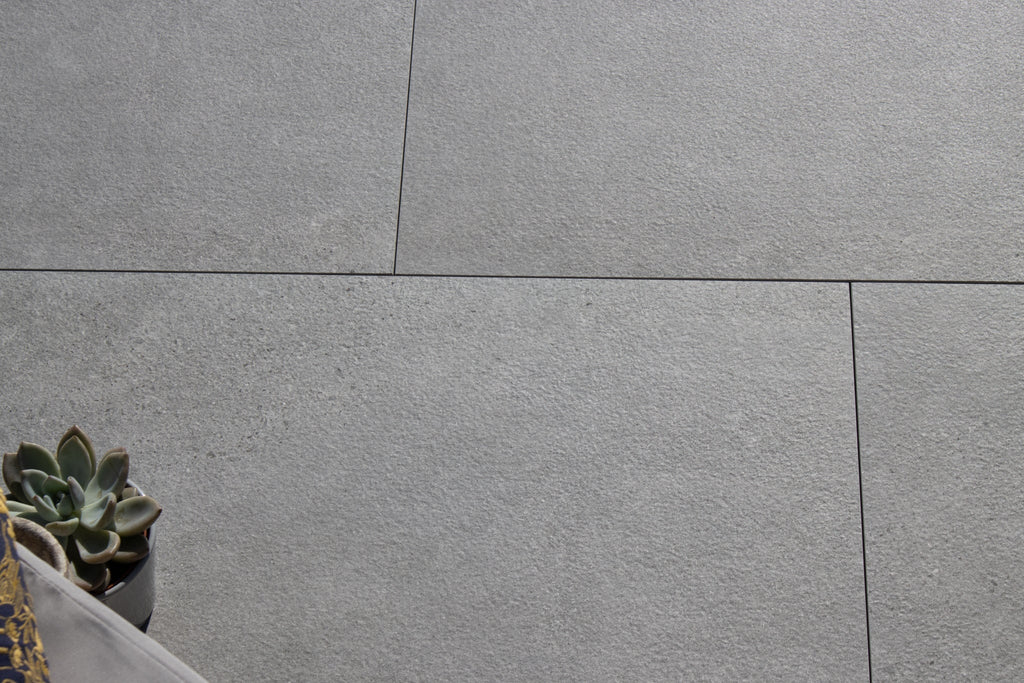
What is porcelain paving?
Porcelain paving has emerged as a frontrunner in the realm of outdoor flooring, offering a perfect blend of aesthetic appeal and robustness. Porcelain paving is made from very fine sand and fieldspar, which are added to refined clay in a kiln. The slabs are baked at very high temperatures and under extreme pressure to eliminate cavities and voids. Due to its composition and production methods, porcelain paving boasts exceptional durability that surpasses traditional paving materials like concrete or natural stone.
What is the lifespan of porcelain paving?
One of the primary concerns for any outdoor flooring investment is its longevity. Porcelain paving excels in this aspect, with an impressive lifespan that can withstand the test of time. Unlike other materials prone to cracking, fading or deterioration over time, porcelain paving maintains its pristine appearance for decades with minimal maintenance. This longevity makes porcelain one of the most durable paving options, and translates to significant cost savings over the lifespan of your outdoor space, making it a wise investment for homeowners and businesses alike.
How strong is porcelain paving?
The strength of porcelain paving can be measured through a series of tests, including impact resistance tests, bending strength tests, static load tests, thermal expansion tests, and deep abrasion resistance tests. Under these test conditions, porcelain paving always performs exceptionally, making it a preferred choice for high-traffic areas and heavy-duty applications.
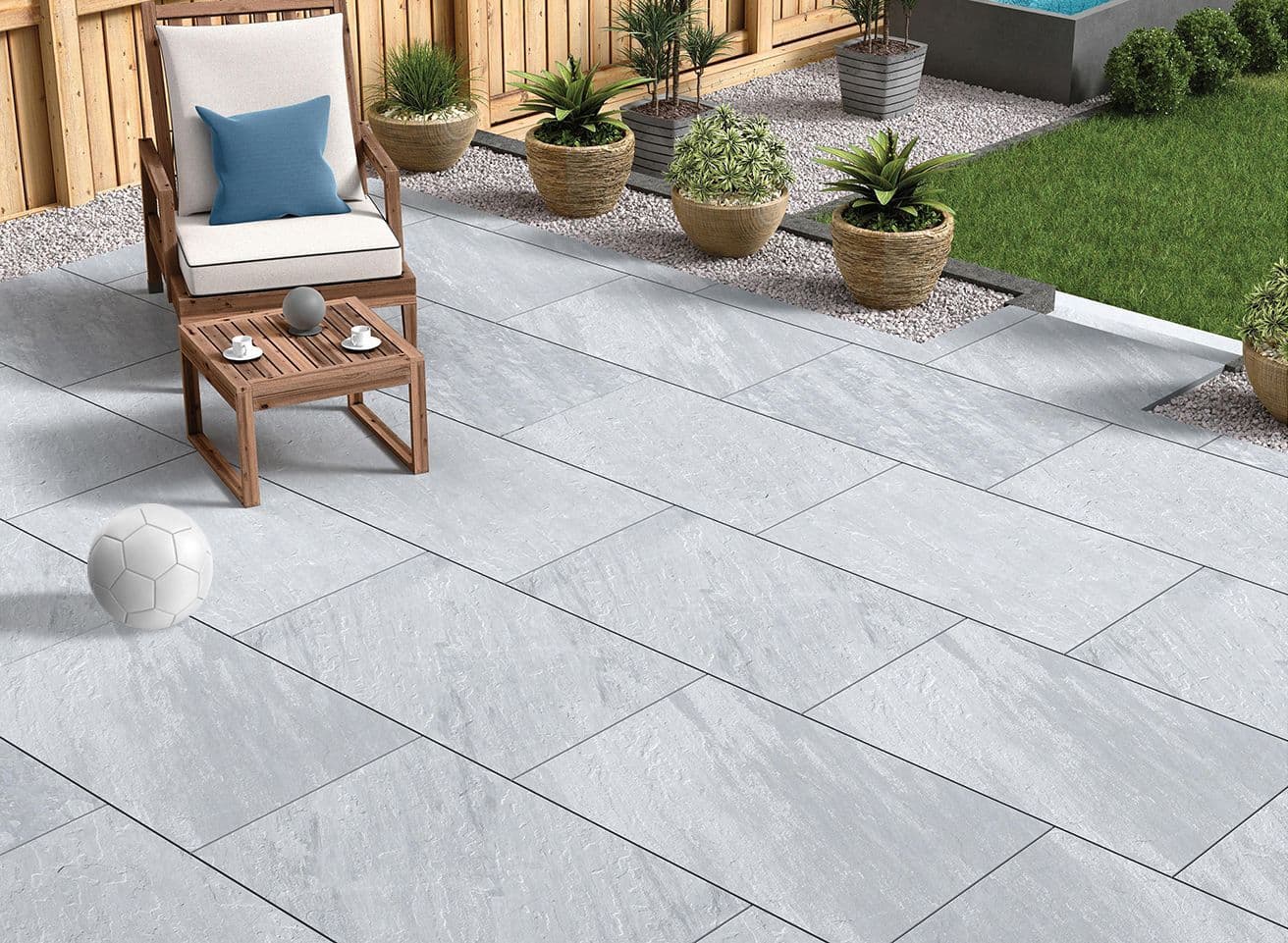
Close-up of porcelain paving patio with gravel
Despite its sleek and refined appearance, porcelain paving exhibits remarkable strength that can endure the weight of furniture, foot traffic, and even vehicular loads without succumbing to damage. This inherent strength stems from the manufacturing process.
How resilient is porcelain paving?
Porcelain paving is shown to be highly resistant to all forms of damage and erosion it might be exposed to in the outdoor environment. The resilience of porcelain paving can be measured by its ability to resist weather conditions and impact damage.
The key features of porcelain paving that make it so resilient are:
Non-Porous Surface: Porcelain paving has a non-porous surface that repels moisture, preventing stains, mold and mildew from taking root. This makes it an ideal choice for outdoor spaces where spills and moisture are inevitable.
Fade-Resistant: Unlike natural stone or wood decking, porcelain paving is highly resistant to fading caused by prolonged exposure to sunlight. This ensures that your outdoor flooring maintains its vibrant color and luster for years to come, enhancing the visual appeal of your property.
Low Maintenance: Porcelain paving requires minimal maintenance to keep it looking pristine. Regular sweeping and occasional washing with water are all that’s needed to maintain its beauty, saving you time and effort in the long run. For more information on how to care for your porcelain paving, check out our other blog, ‘The Do’s and Don’ts of Porcelain Paving
Weather resistance
Porcelain paving demonstrates superior resilience in all weather conditions. From scorching summers to freezing winters and everything in between, porcelain paving remains unfazed by the whims of nature. Unlike natural stone, which can crack or splinter when subjected to extreme temperature fluctuations, porcelain paving exhibits superior resilience, retaining its structural integrity and aesthetic appeal regardless of the weather conditions.
Scratch resistance
Porcelain paving’s surface is highly resistant to scratches, making it ideal for areas subjected to heavy foot traffic, furniture movement and pet activity. Unlike softer materials like wood or certain types of natural stone, porcelain paving maintains its flawless appearance, resisting unsightly scratches that can detract from the overall aesthetic appeal of your outdoor space.
Damage resistance
Thanks to its dense composition and durable finish, porcelain paving has good resistance to chipping, cracking, and breakage, ensuring that your outdoor flooring remains pristine in the face of everyday wear and tear. However, corners may chip if you catch them just right.
It’s worth noting that before the product has been installed, it is extremely prone to chipping, so be careful when handling and storing your slabs.

Conclusion
In conclusion, porcelain paving stands head and shoulders above other outdoor flooring options when it comes to durability, strength, and resilience. Its unmatched lifespan, combined with its ability to withstand damage and diverse weather conditions, makes it the ultimate choice for homeowners and businesses seeking a long-lasting and visually stunning outdoor solution.
Whether you’re envisioning a serene patio retreat, a welcoming pathway, or a stunning pool deck, porcelain paving delivers both aesthetic appeal and practical durability in equal measure. Elevate your outdoor space with porcelain paving and enjoy a lifetime of beauty, resilience, and peace of mind.
Choosing your porcelain paving
With loads of colors, textures, and sizes available, porcelain paving offers endless design possibilities to suit any aesthetic preference or architectural style. Whether you prefer the timeless elegance of marble or the rustic charm of stone, there’s a porcelain solution to match your vision. Browse our selection of porcelain paving to find the durable paving of your dreams.
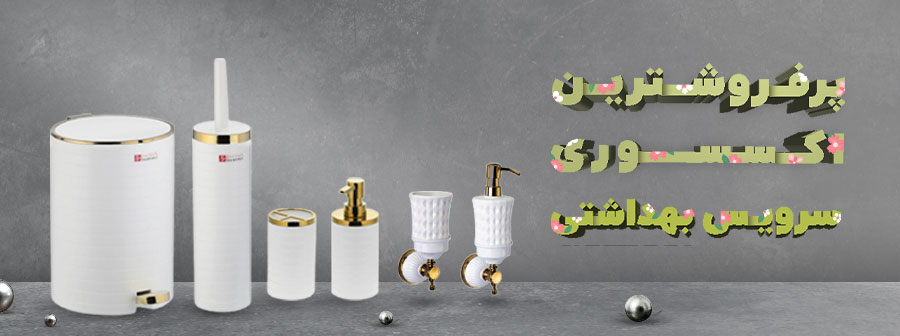
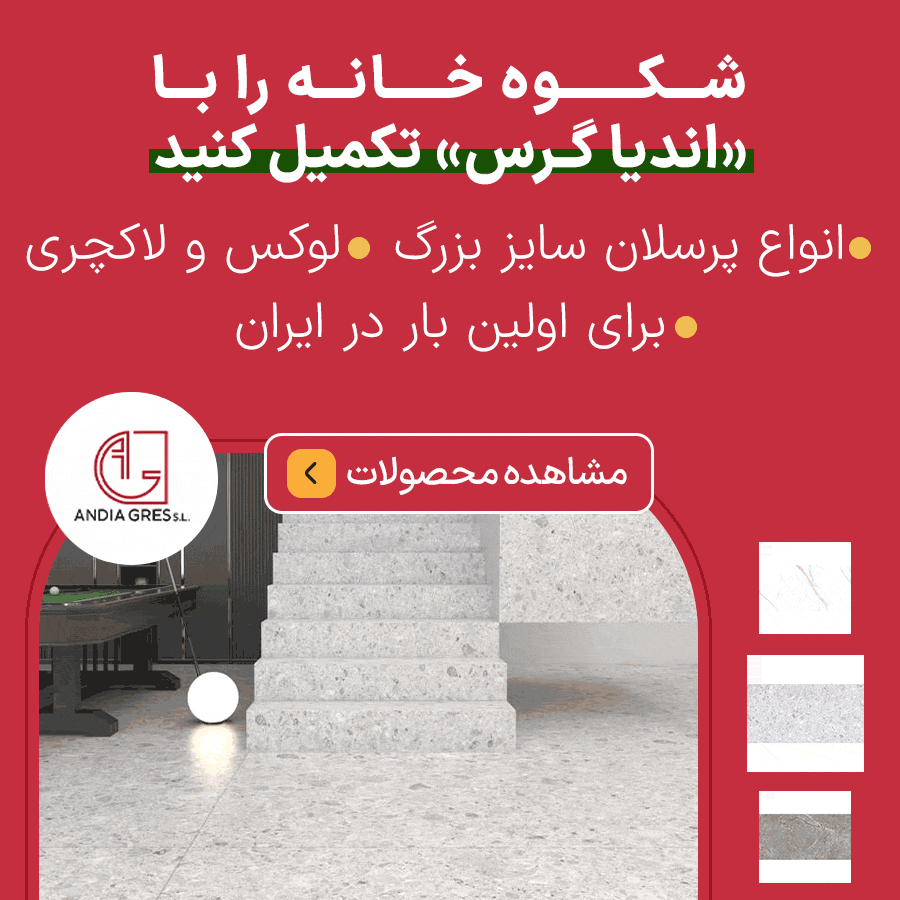
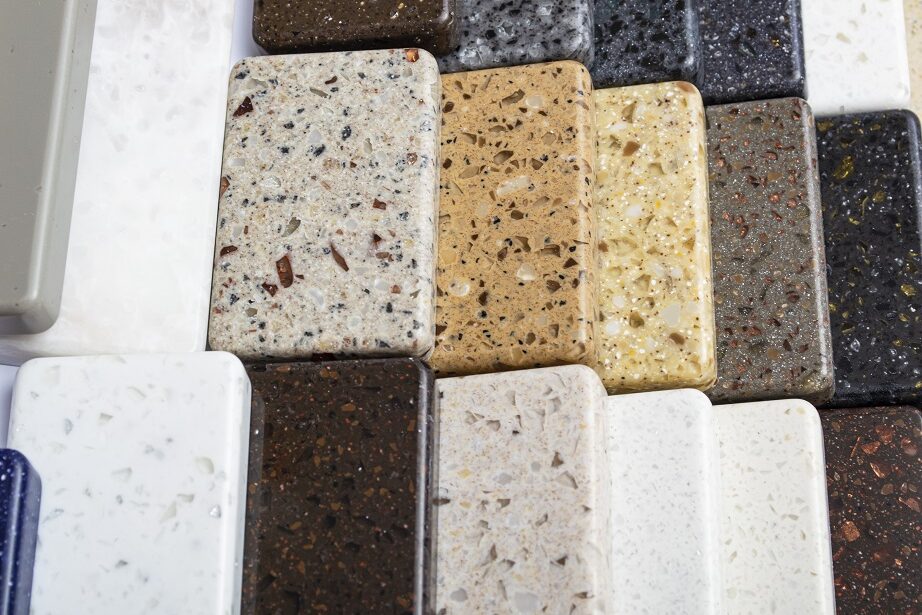


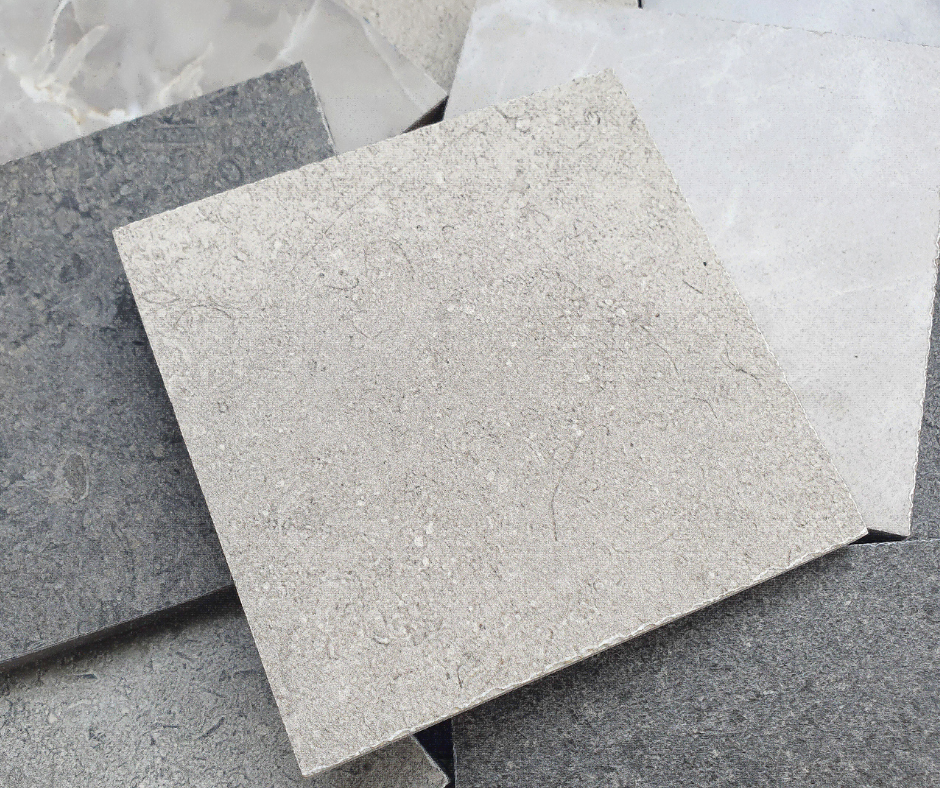
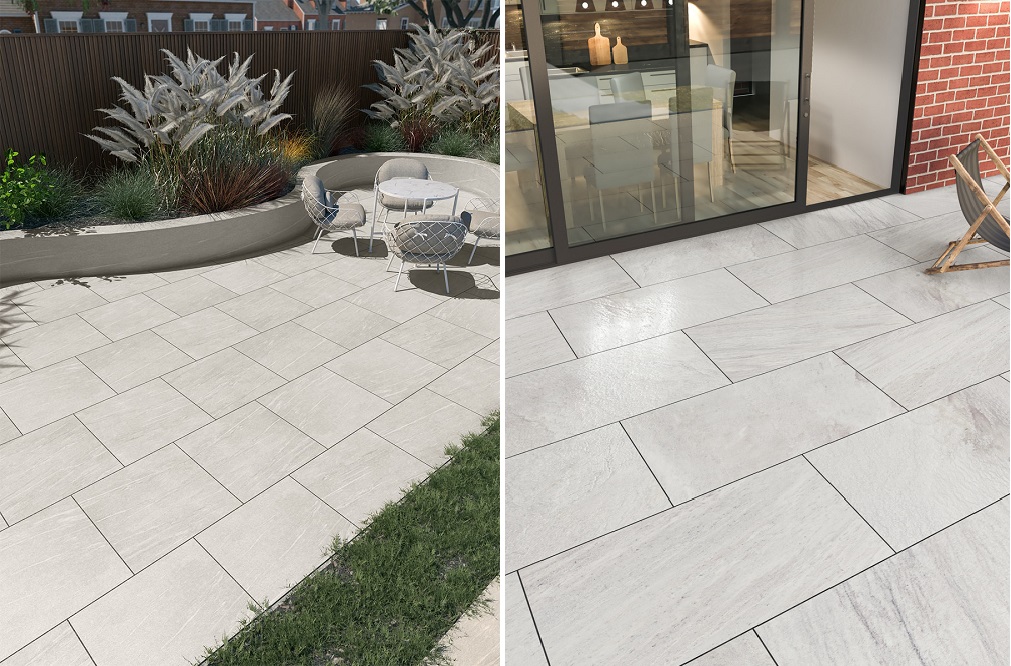

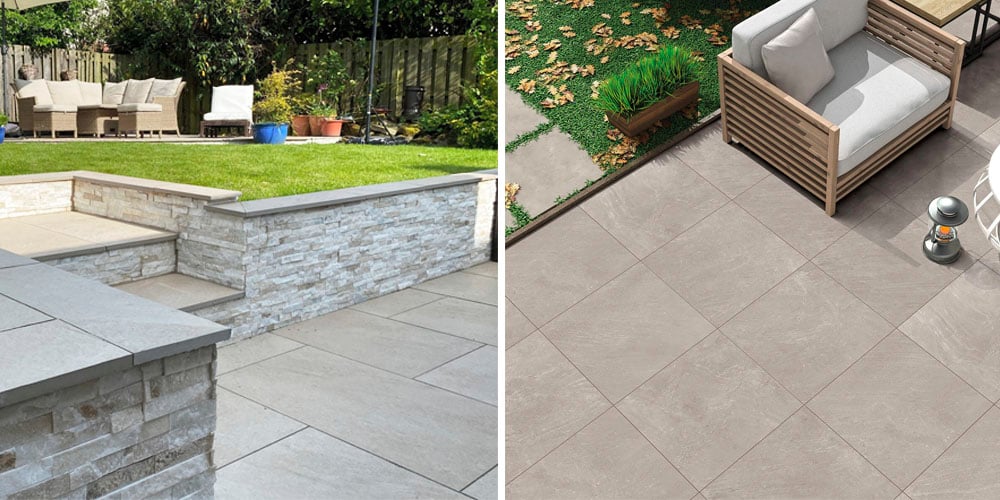
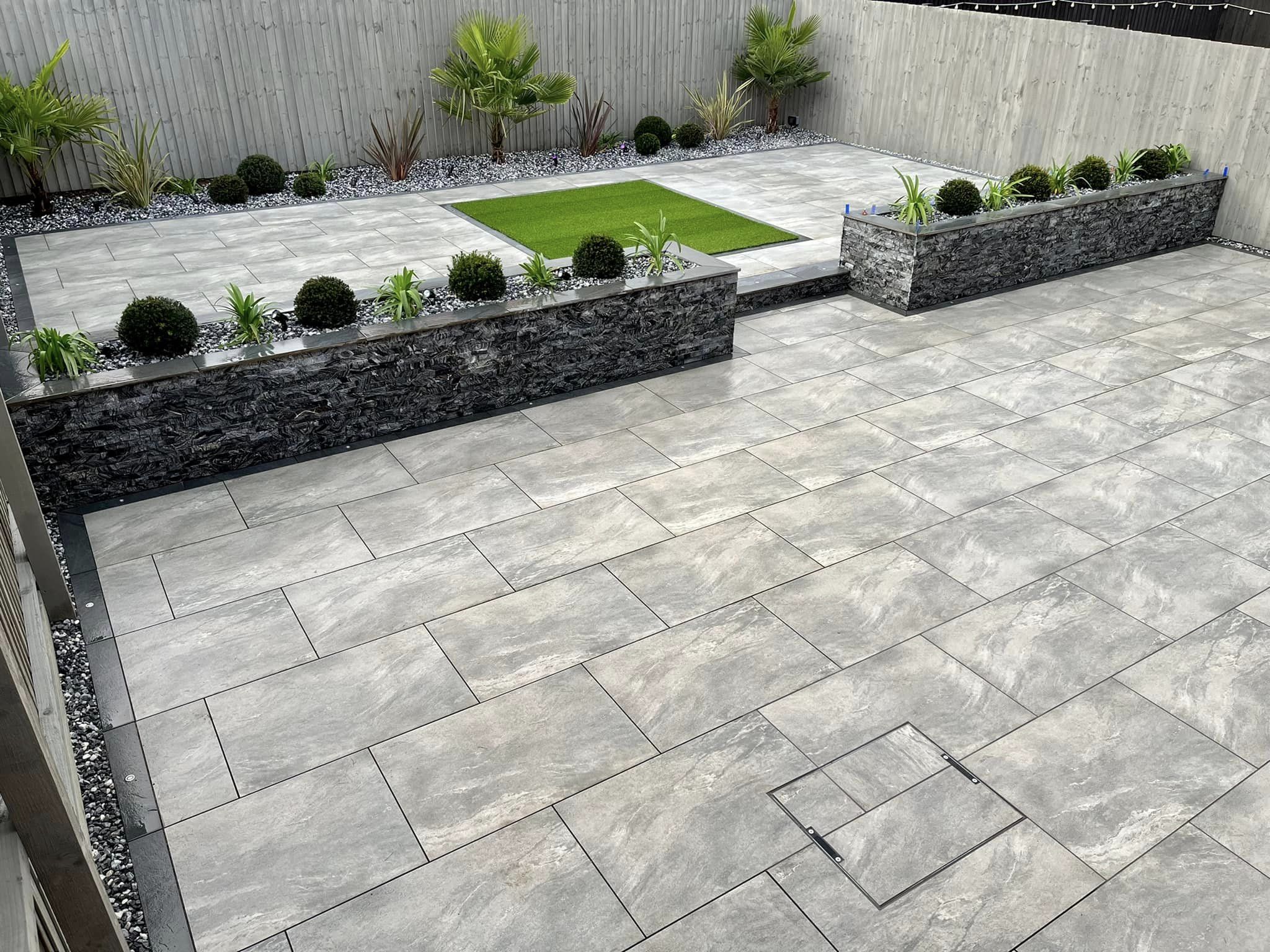
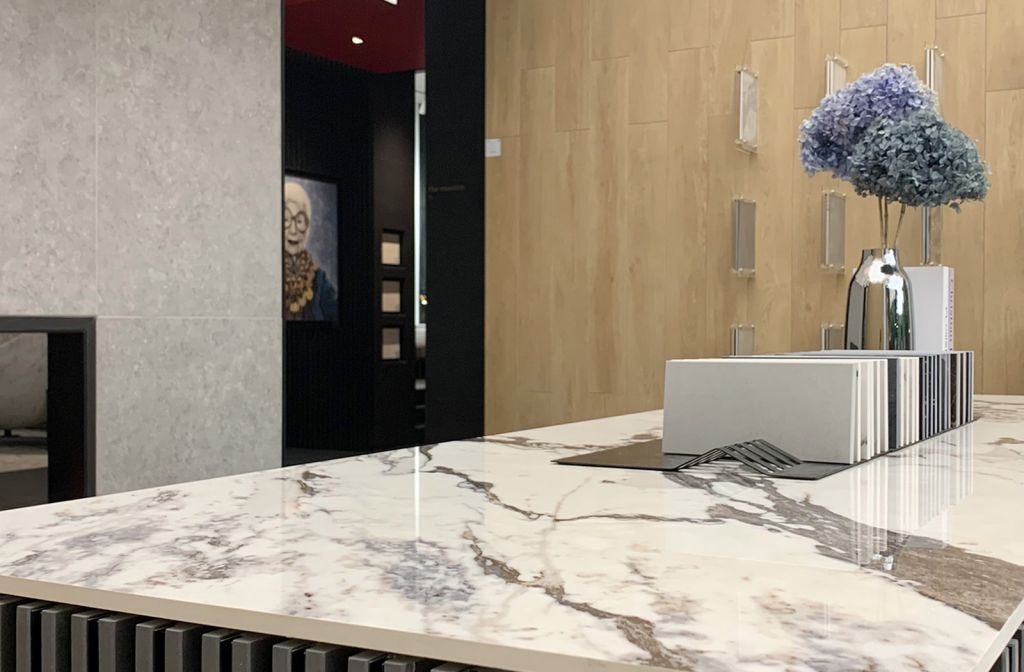
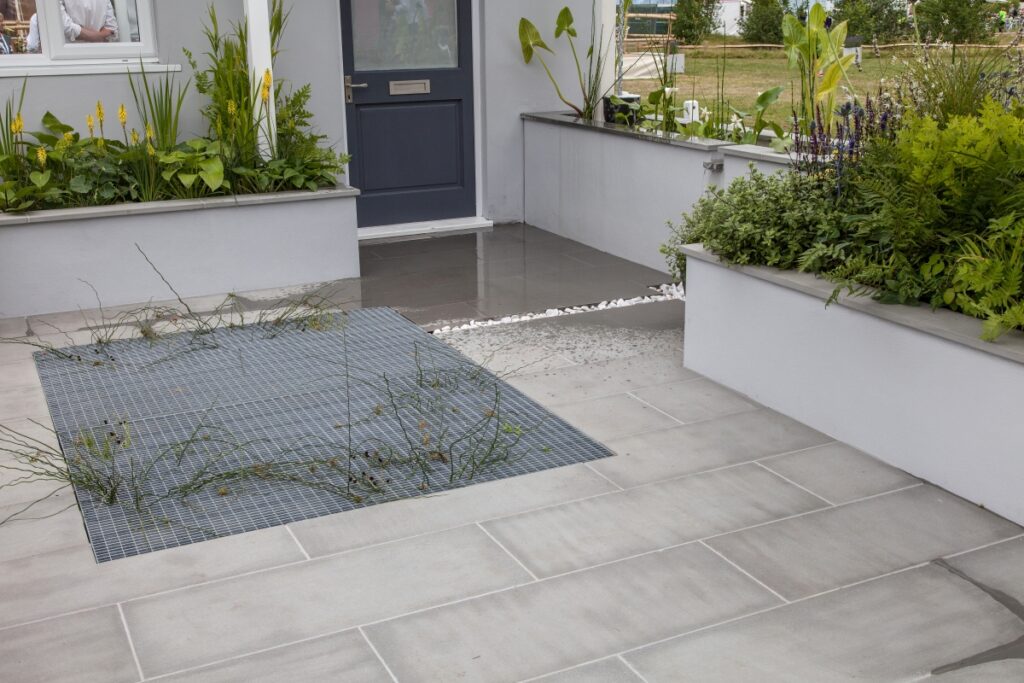
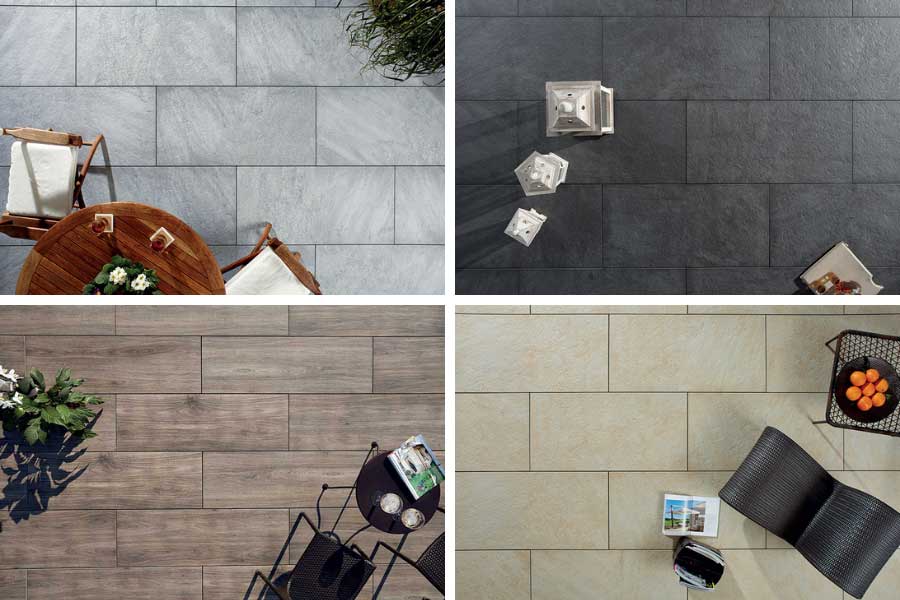
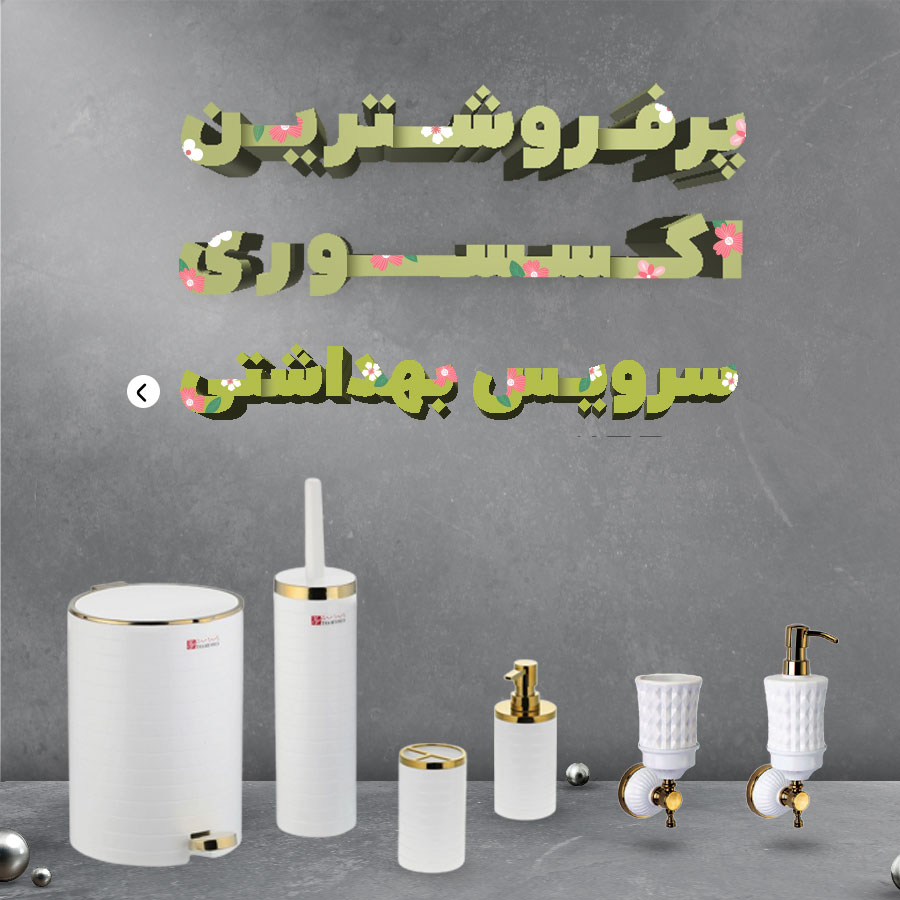

نظرات ۰